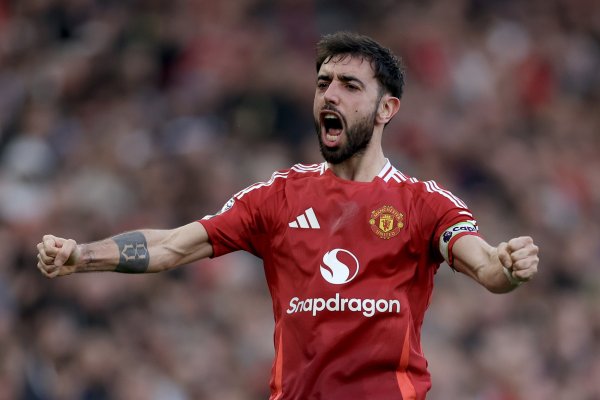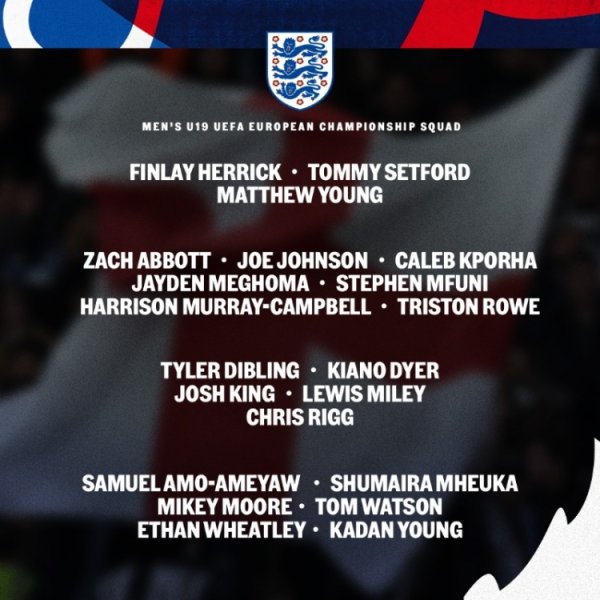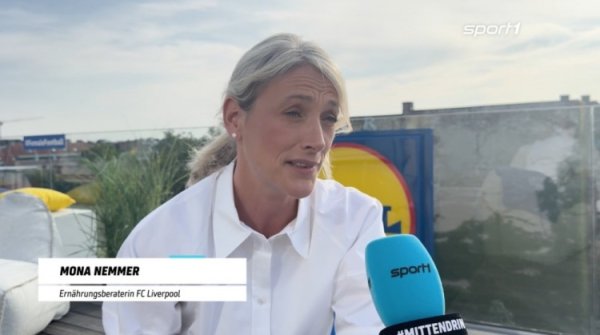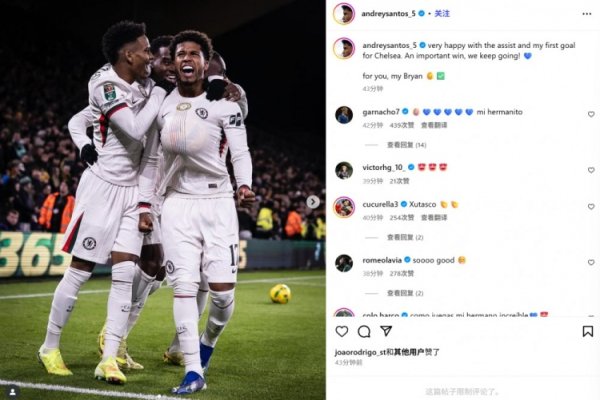Official: New rules will be introduced in the Premier League in the new season, and will follow their own "Prince Football Principles"

The Premier League announced on its official website that the Premier League will introduce some new rules in the new season, which are formulated by the International Football Association Board (IFAB) and implemented globally.
The Premier League also has its own management framework, called the "Prince Football Principles", which was formulated through consultation with fans, clubs and match officials and was unanimously agreed by the Premier League and Professional Match Referees Company (PGMO).
Therefore, the law enforcement methods of Premier League games are different from other European games, such as higher thresholds for fouls and different standards for intervention of video assistant referees (VARs).
For the 2025/26 season, fans will see the following rule changes in the game:
Captain communication only
When the referee starts the Captain Only mode, only one player (usually the captain) is allowed to approach the referee and must interact in a respectful manner. This change officially recognizes the important relationship between the referee and the captain. Normal interaction between the average player and the referee is still allowed and important, but the referee can ask the captain to explain important decisions, and the captain also needs help guide his teammates away from the referee. If the captain of a team is a goalkeeper, he must inform the referee before throwing a coin, which player will communicate with the referee instead of the goalkeeper. The Premier League hopes this move will reinvigorate and improve the participant code of conduct introduced in 2023, which has significantly improved behavior on the court. Since the implementation of the guidelines, the situation of large-scale conflicts and encirclement of referees in last season has decreased compared to the 2022/23 season. It is hoped that through the "captain only" method, the Premier League can set an example for the entire football world.
Goalkeeper Eight Seconds Rule
If the goalkeeper controls the ball with his hands/arm for more than eight seconds in the penalty area, the opponent will get a corner kick. The definition of goalkeeper's ball control includes:
1, holding the ball with both hands/arms
2, clamping the ball between any surfaces
3, placing the ball on the open palm
4, pinball on the ground
5, throwing the ball into the air
The referee will decide when the goalkeeper will start to control the ball, and raise his hand to count down in the last five seconds. If the offensive player exerts pressure or prevents the goalkeeper from releasing the ball during the countdown, an indirect free kick will be awarded to the offensive party. The goalkeeper who violates this rule for the first time will be awarded a corner kick, the second violation will be warned by the referee, and the third violation will be given a yellow card.
Restart of the fall ball
If the game stops in the penalty area, the game will be restarted by the fall ball to the goalkeeper. If the game stops outside the penalty area, the ball will fall at the stop point and will be restored to the team that deserves the ball.
Double Touch Free throw
If the free thrower accidentally touches the penalty twice, the penalty should be re-paid. If touched intentionally, the defender will be awarded an indirect free kick.
Unintentional interference
If a team official, a substitute, a player who was replaced or sent off accidentally touches the ball on the court and when the ball obviously leaves the game field, an indirect free kick will be awarded and no punishment will be imposed. Apparent or intentional interference will result in a direct free kick or penalty and a red card to the coaching team members.
Assistant referee's position at penalty kick
At the penalty kick, the assistant referee will stay on the sideline and align with the penalty kick point, and VAR will be responsible for monitoring whether the goalkeeper moves in advance.
Premier League football principles
Maintain a high penalty threshold
Premier League referees will continue to maintain a high penalty threshold for challenges. Not every contact is a foul, and at the same time protect the safety of players, high thresholds will continue to be used for handball fouls.
Maintain a high VAR intervention threshold
"Referee Decision" was introduced last season, and the referee can make a final decision based on the on-site situation. Unless VAR considers this to be an obvious and obvious mistake, the referee's decision will remain the same. This helps reduce the VAR delay from an average of 64 seconds per game to 39 seconds.
Last season, the referees' accuracy rate in all key match events (KMIs) reached 86%, the same as the 2023/24 season. After VAR intervention, KMI's accuracy rate increased to 97% (1 percentage point higher than the 2023/24 season), while the number of errors in VAR decreased from 31 in the 2023/24 season to 18 in the last season.
Improving the VAR Experience
As part of the VAR improvement program, the goal is to improve communication and transparency with supporters, especially for spectators in the stadium. Premier League fans will hear the referee clarify all VAR reviews through the stadium broadcast system, except for factual offside/no offside decisions. All goals cancelled on the court, after the VAR confirms that the "check is completed", a specific clip or screenshot will be displayed on the large screen to explain why the goal is invalid. All VAR retrials will also be displayed on the large screen.
Reduce interruption and delay time
Referees will also take stricter measures to reduce delay time and interference tactics. The actual game time in the Premier League last season was reduced compared to the 2023/24 season, with an average of 56 minutes and 58 seconds, compared with 58 minutes and 10 seconds in the 2023/24 season. Still, this is an improvement in the 2022/23 season (54 minutes and 57 seconds average).














